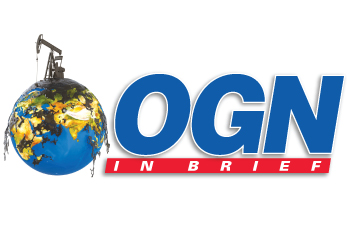

Adnoc awards first unconventional block
 |
Under the six-year concession agreement, Petronas will hold a 100 per cent stake and operatorship to explore for and appraise unconventional oil in the block that covers over 2,000 sq km in Abu Dhabi’s Al Dhafra region.
Following a successful appraisal phase, the parties can enter a production concession for 30 years, with Adnoc having the option to hold a 50 per cent stake in the production concession.
Abu Dhabi’s unconventional recoverable oil resources are estimated at 22 billion barrels of very light and sweet crude.
US announces $750m for clean hydrogen tech
 |
The funding is a crucial component to accelerating the widespread use of clean hydrogen and will play a vital role in supporting commercial-scale hydrogen deployment.
Produced with net-zero carbon emissions, clean hydrogen is a key pillar in the emerging clean energy economy and will be essential for achieving the President’s goal of a 100 per cent clean electrical grid by 2035 and net-zero carbon emissions by 2050.
Together with the regional clean hydrogen hubs (H2Hubs), tax incentives in the President’s Inflation Reduction Act, these investments will accelerate the technical advances and scale-up needed to achieve DOE’s Hydrogen Shot goal of $1 per kg of clean hydrogen within a decade.
No oil to price cap supporters: Putin
 |
The Group of Seven major powers, the European Union and Australia agreed last month to a $60-per-barrel price cap on Russian seaborne crude oil effective from December 5 over Moscow's invasion of Ukraine.
The cap is close to the current price for Russian oil, but well beneath the windfall price Russia was able to sell for this year and that helped offset the impact of financial sanctions on Moscow.
The decree includes a clause that allows for Putin to overrule the ban in special cases. The can applies until July 1, 2023.










































































